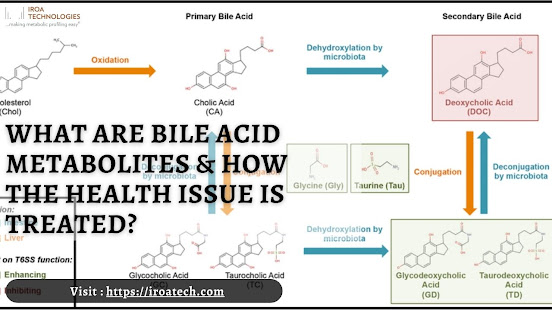What are the advantages of fatty acids in terms of health?

The health consequences of essential fatty acids may be numerous, especially if your daily diet lacks sufficient quantities of these important nutrients. Scientists eventually discovered that the omega-3 fatty acids sigma 3 and omega 6 were better suited to be classified with the fats, specifically the polyunsaturated fats.
The essential fatty acids omega 3 and omega 6 are just as important for human health as other types of dietary fat, such as saturated and trans-fat. Even when other fatty acids are present, they cannot be produced in the body.
What are the various advantages of fatty acids?
The polyunsaturated fatty acids omega 3 and omega 6 are further classified as a long chain or short chain. When short-chain fatty acids are present in the diet, the body can produce long-chain fatty acids.
However, converting chain-length omega 3s with metabolites to long-chain omega 3s is inefficient. To reap the full health benefits of essential fatty acids, we must consume both short and long-chain omega-3 and sufficient amounts of either type of omega 6.
Contrary to popular belief, omega 9 fatty acids are not required. Other healthy fats can be converted to omega 9 within the body. They cannot be used to form eicosanoids, which perform various functions at the cellular level in the human body.
The essential fatty acids omega 3 and omega 6 are converted by the body into eicosanoids and other compounds that are essential to the immune system, nervous system, cardiovascular system, and the majority of cells and organs in the human body.
Thus, if essential fatty acids with metabolites are deficient in the diet, their health benefits can extend to the entire body, including the skin. Always keep in mind that balance is essential. An adult's total fat intake should not exceed 25-35 percent of total caloric intake to avoid weight gain. Carbohydrates and protein are also important.
The daily consumption of the essential fatty acids omega 3 and omega 6 varies. A few of the health benefits of omega 6 essential fatty acids include normal healthy skin, cell communication, and the construction of membrane surfaces throughout the body.
The FDA weighs in with their recommendation of no more than 3 grams of omega 3 fatty acids per day from fish, with no more than 2 grams or 2000mg per day coming from a dietary supplement. They make no recommendations for omega-6 fatty acids.
These recommendations are based on the known health benefits of essential fatty acids, research indicating that diets high in polyunsaturated fat have numerous health benefits, and research place or position on omega 3 fatty acids. Sticking to a diet high in polyunsaturated fat can lower the risk of heart disease, high blood pressure, and high cholesterol.
According to research, increasing omega-3 consumption can lower the risk of heart disease, help lower cholesterol, and possibly lower cancer risk. Other health benefits of omega 3 essential fatty acids are being researched. These include advantages for people suffering from autism, Alzheimer's disease, schizophrenia, and Huntington's disease.
There is enough evidence to conclude that increasing omega-3 consumption can alleviate depression symptoms and attention deficit disorder. There is also substantial evidence to support the use of omega 3 supplements as a complementary therapy for patients suffering from chronic pain caused by fibromyalgia, lupus, rheumatoid arthritis, and osteoarthritis. According to research, a lack of omega 3 in the diet can cause end cannabinoids and other compounds derived from omega 6 fatty acids to become "out of control," resulting in serious health consequences.


Comments
Post a Comment